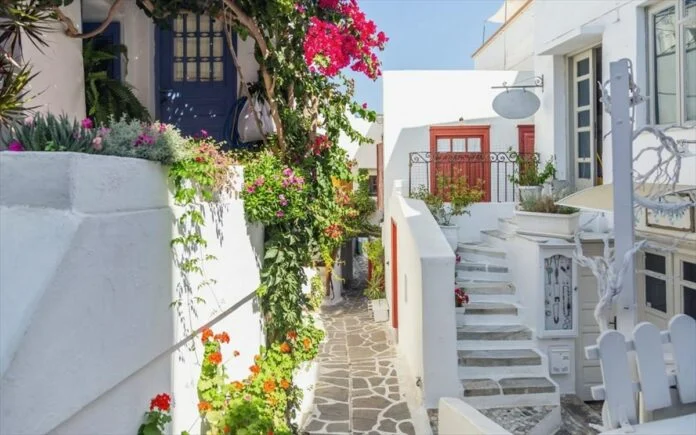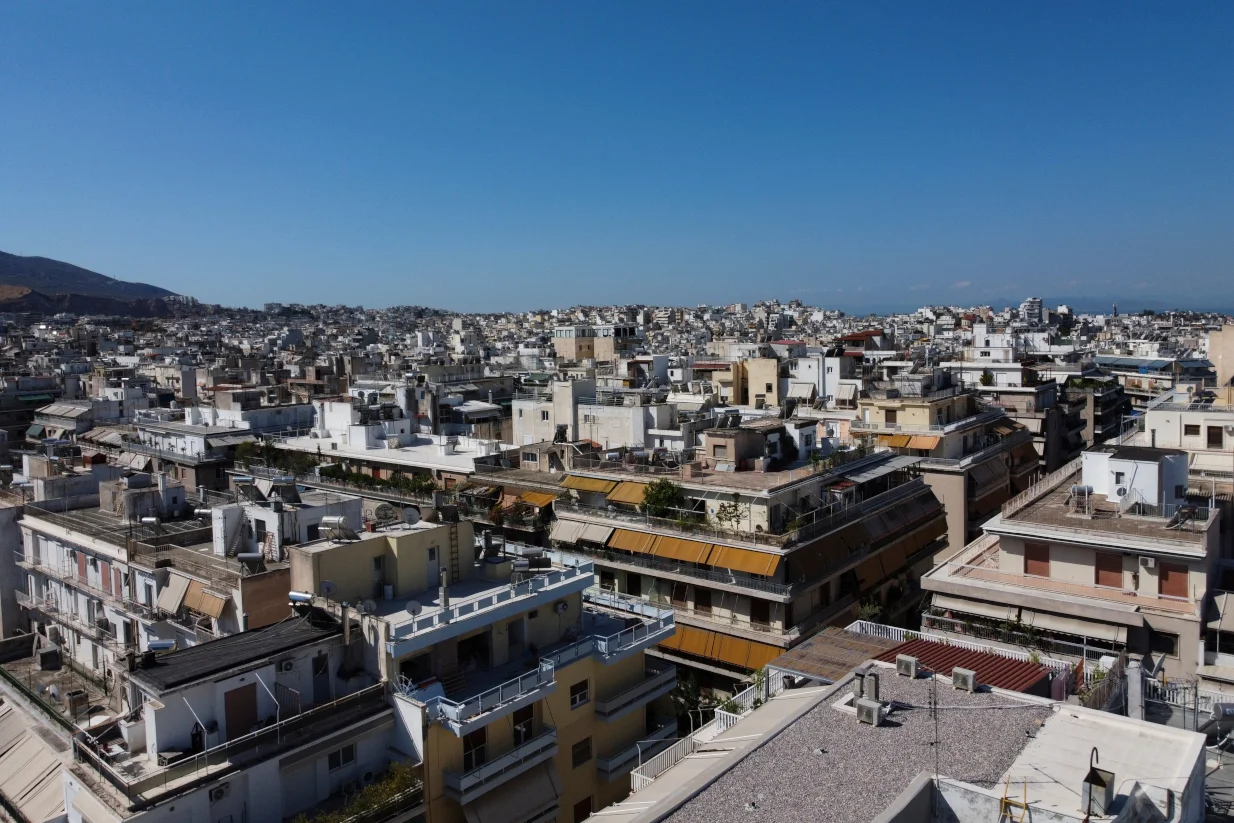The interaction between the Greek world and Turkish tribes began in the 11th century, initially with the Seljuks and later with the Ottomans. However, it was the Ottoman domination that left a deep impact on the language, shaping place names and surnames.
During the formation of the modern Greek state, there was an organized effort to replace Turkish place names. In 1833, after a new administrative division, and again in 1909 with the establishment of the "Toponymy Commission of Greece," an extensive process of renaming began.
The main goal was to restore old Greek names and eliminate foreign influences, which were considered "unclear," "disharmonious," or raised questions about the composition of the population.
(Read the full article below)
The Renaming Process
This initiative was organized under the direction of folklore professor Nikolaos Politis, with the participation of prominent scholars such as linguist Georgios Hatzidakis, historian Spyridon Lampros, and archaeologist Christos Tsountas. The outcome of this process was a drastic change in the country's toponymic map, with the replacement of many Turkish names, as well as some Slavic and Albanian ones.
Turkish Place Names That Were Retained
Although many names were changed, some remained unchanged. Some notable examples include:
Balkans: A name with roots in Turkish ("Koca Balkan"), meaning "large, wooded mountain."
Roumeli: Initially called "Rumeli" in Turkish, meaning "land of the Romans," it referred to all Byzantine territories conquered by the Ottomans but later became associated with Central Greece.
Karlovasi (Samos): Derived from the Turkish "Karli ovasi," meaning "snowy meadow."
Kalamata: May come from "kalabakaya," meaning "fortress at the top of a rock."
Giannitsa: From the Turkish "Yenice," meaning "New City."
Kaimaktsalan: From "kaymakcalan," meaning "snowy mountain peak."
Soufli: From "Sufili," related to the mystical Dervishes.
1. Restoration of Ancient Greek Names:
Elatia replaced the Turkish "Drahmani."
Sýdnos replaced "Tekeli/Tekeli."
The Vale of Tempe replaced the Turkish "baba."
Phylí restored the ancient name instead of "Khasia."
Amfilochia replaced "Karvasaras."
2. Translation of Turkish Names:
Xirokrini came from "Kuruçeçme" (dry spring).
Sidirokastro replaced "Demir Hisar" (iron castle).
Evosmos came from "Kokluca" (fragrant place).
3. Phonetic Adjustments:
Iasmos replaced "Yassiköy."
Panorama replaced "Arsaki."
Pefki took its name from the natural landscape, replacing "Magoufana."
Elliniko replaced "Hasani," which was associated with the Ottoman Hasan Pasha.
This cartography highlighted Greek identity and reflected national policies.









